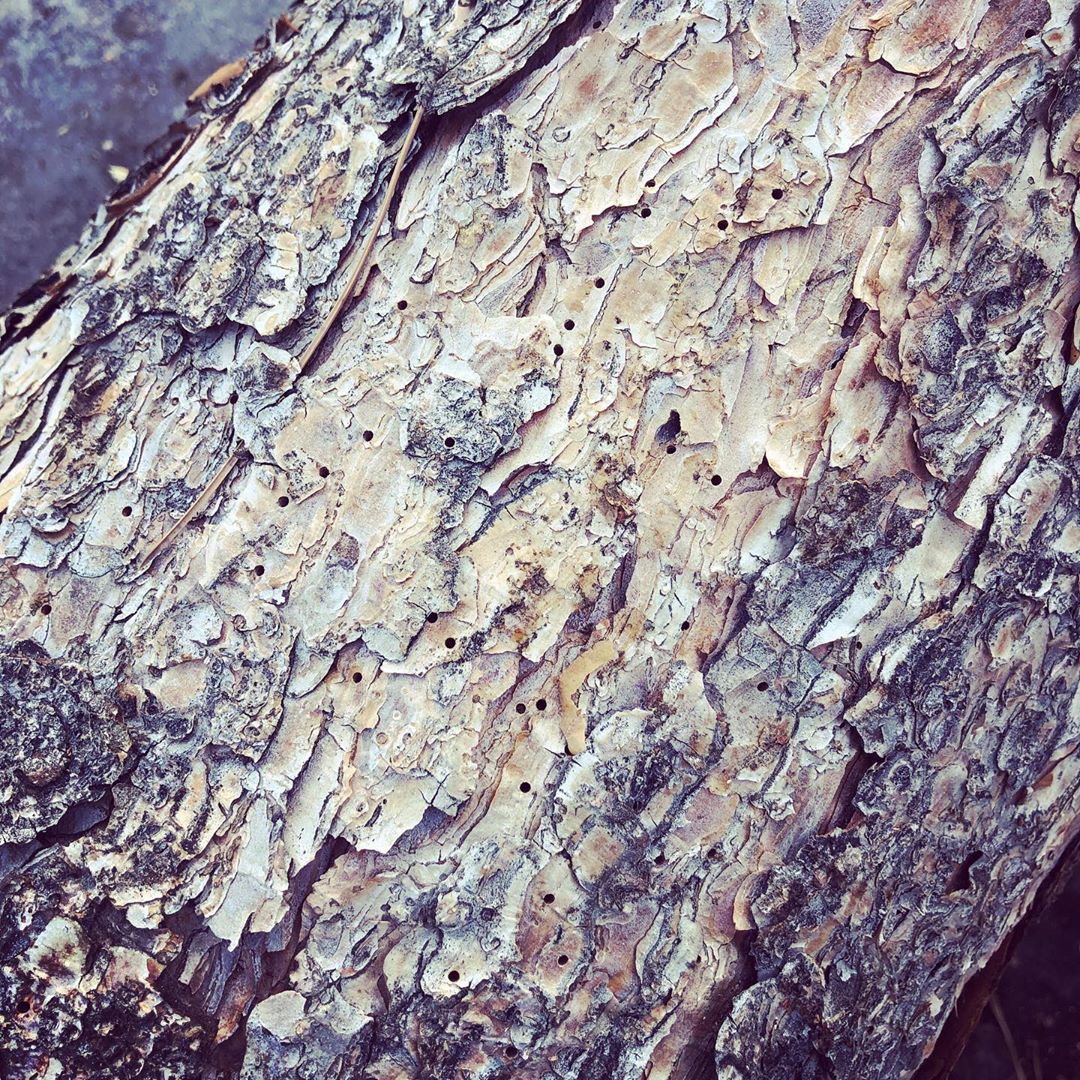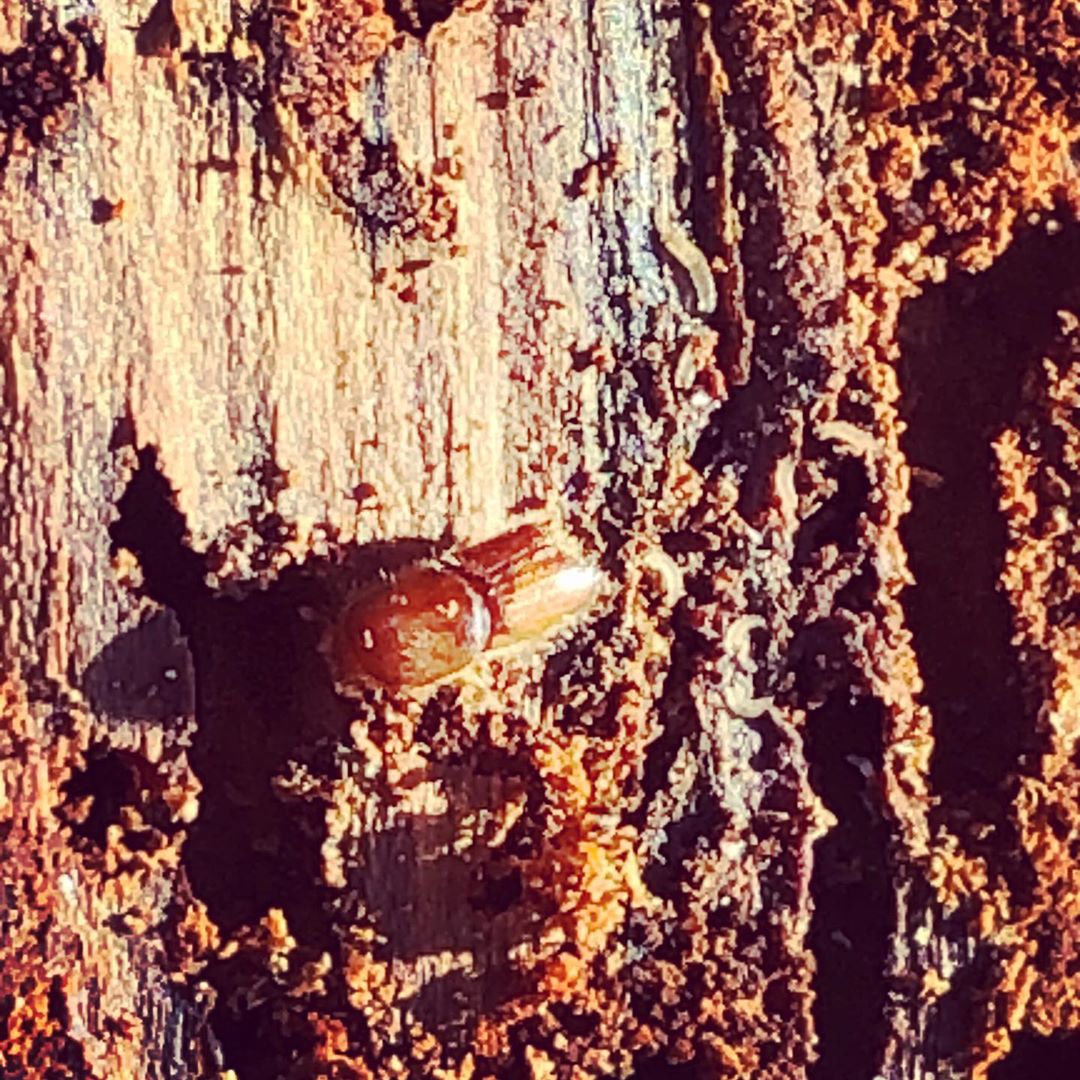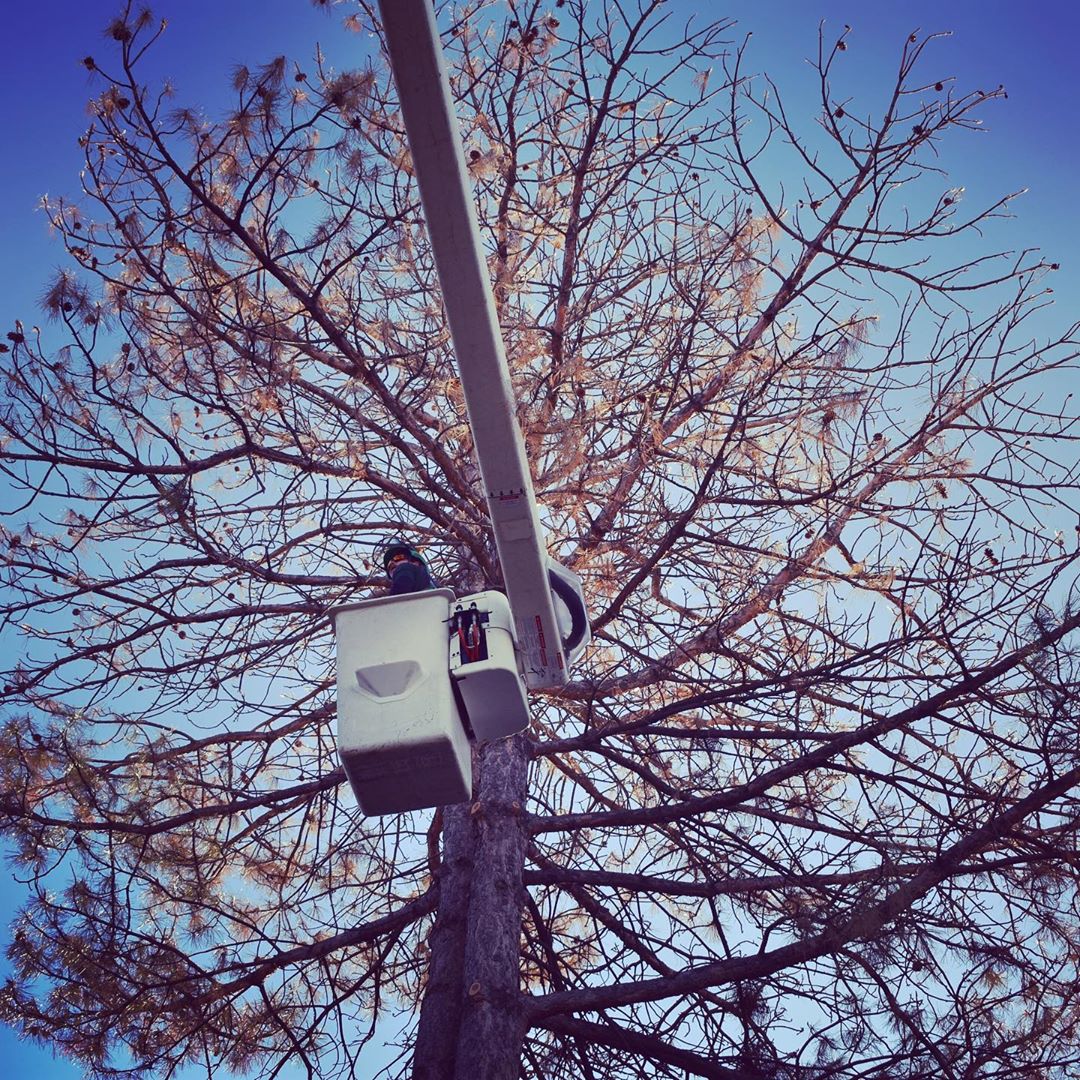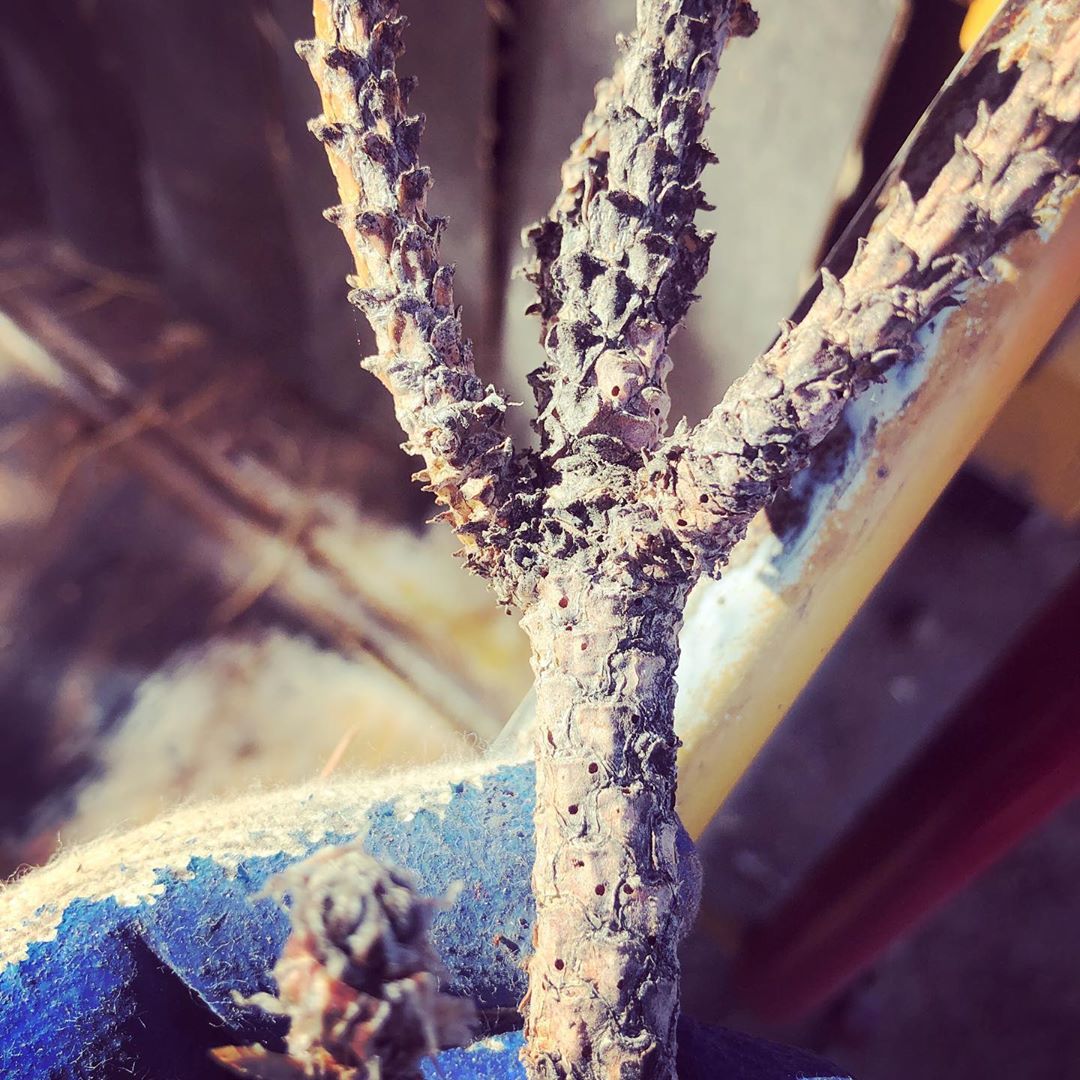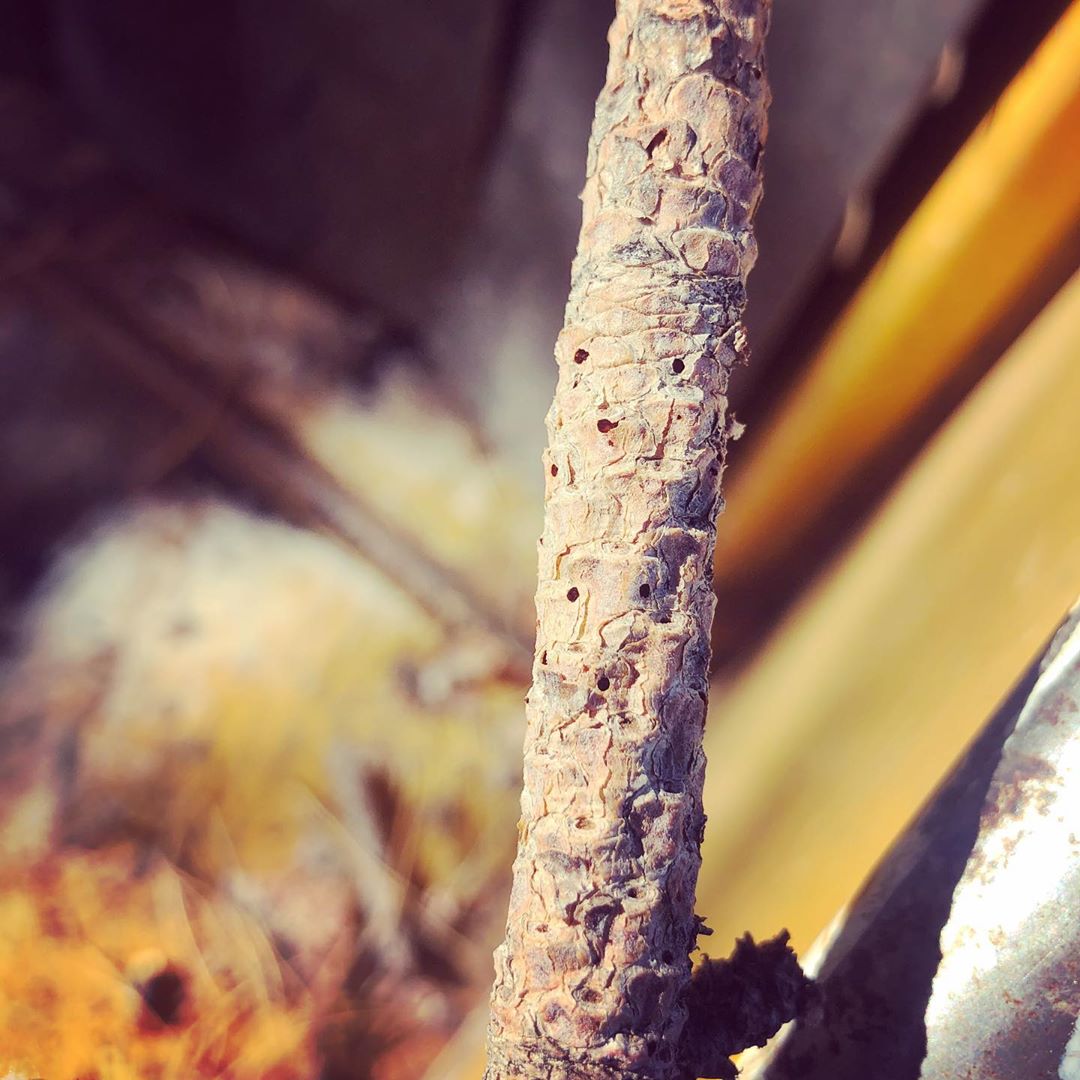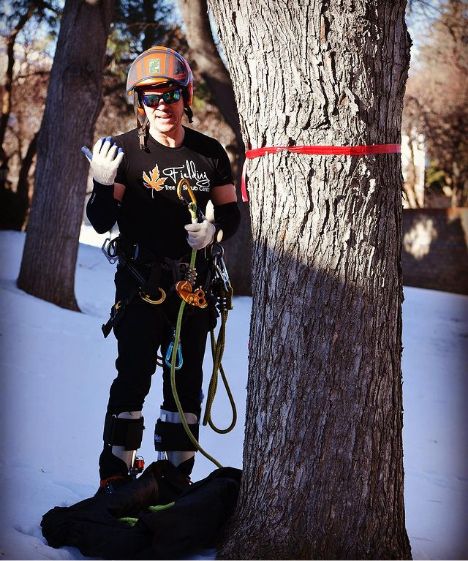Service
Combat Beetles Killing Pine Trees
Protect Your Pines
Don’t Let These Tiny Beetles Become Towering Threats
IPS beetles, also known as engraver beetles, are wreaking havoc on Denver’s beloved pine trees. These pests burrow into the bark, disrupting sap flow and ultimately killing the tree. But fear not, Denverites! Fielding Tree Care is here to help you protect your pines with effective treatment and prevention strategies.
Why are IPS beetles a problem in Denver?
Several factors have contributed to the recent surge in IPS beetle activity:
- Prolonged drought: Stressed trees are more susceptible to attack.
- Increased development: Habitat fragmentation weakens trees’ natural defenses.
- Abundant breeding material: Freshly cut timber and dead trees provide breeding grounds.
Which trees are most at risk?
While all pines are vulnerable, ponderosa pines are currently experiencing the brunt of the attack. Other susceptible species include:
- Blue spruce
- Englemann spruce
- Pinyon pine
- Concolor/Noble fir
- Subalpine fir.
IPS Beetles
How Can I Tell If My Tree Is Infested?
Look for these signs of the possibility of beetles killing pine trees:
- Early fading of needles: Rapid discoloration, especially in the upper part of the tree.
- Exit holes: Small, round holes in the trunk where beetles emerge.
- Reddish boring dust: Fine particles at the base of the tree or in bark crevices.
- Pitch tubes: Small, cinnamon-colored tubes on the bark (not always present).
- Woodpecker feeding marks: Evidence of birds trying to reach beetle larvae.
Treatment Options
Prevention is key! Fielding Tree Care recommends a holistic approach that strengthens your trees’ natural defenses:
- Preventative pruning: Removes deadwood and improves airflow, making trees less attractive to beetles.
- Fertilization: Provides essential nutrients for healthy growth and resilience.
- Consistent watering: Especially during droughts, to help trees resist attack.
For active infestations, we offer several treatment options:
- Trunk injection: Highly effective, long-lasting insecticide applied directly to the tree.
- Canopy/trunk spray: Bi-annual topical application for larger areas or smaller trees.
- Soil injection: Growth regulator improves stress tolerance and reduces future pruning needs.
Pest and Disease Treatment Services
Why Choose Fielding Tree Care for IPS Beetle Treatment?
- Certified arborists: Our experts have the knowledge and experience to diagnose problems and recommend the best course of action.
- Safe and effective treatments: We use environmentally friendly methods that protect your trees and your family.
- Free consultations: Get a personalized assessment and estimate for your trees.
Don’t wait until it’s too late! Schedule a free consultation with Fielding Tree Care today and shield your pines from the IPS beetle threat.
Together, we can keep Denver’s green canopy thriving.
Metro Denver Tree Service
Our Denver Tree Company Service Area Includes
South Denver, Littleton, Centennial, Highlands Ranch, Englewood, Lone Tree, Castle Rock, Parker, Greenwood Village, and all previous customers in the metro Denver area.
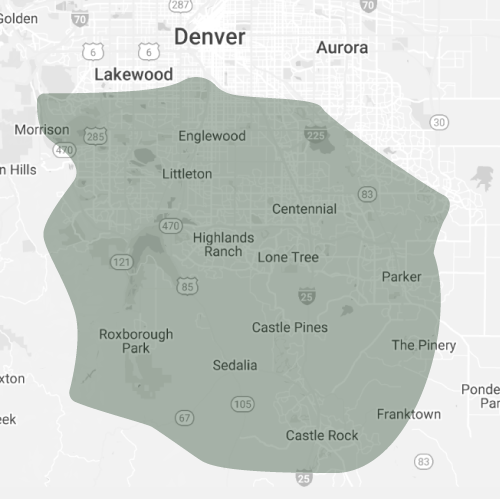
Resources
Latest Articles on Beetles Killing Pine Trees in South Denver
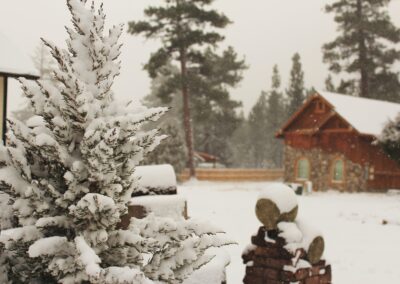
Colorado Pine Tree Root Systems: Friend or Foe to Your Property?
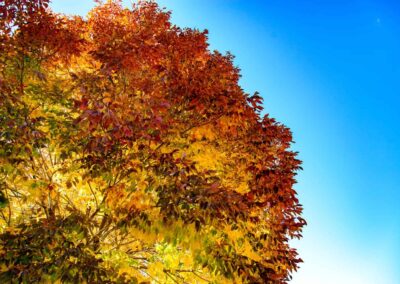
Information for the Best Ash Tree Care in Denver
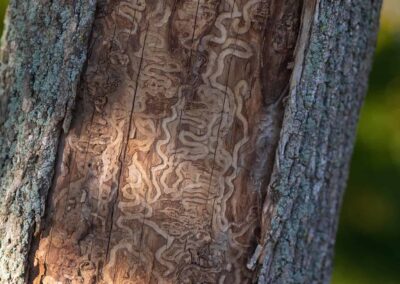
An Arborists Glossary of Pests and Diseases
Alarming Surge: IPS Beetles Ravaging South Denver’s Pine Forests – A Call to Community Action
The idyllic landscape of South Denver, painted with vibrant pines and towering spruce trees, faces a seemingly silent threat – the insidious rise of IPS beetles killing pine trees.
These tiny insects, barely the size of a grain of rice, are carving their way through the city’s beloved conifers, leaving behind a trail of fading needles and dying trees. It’s not just a matter of individual trees succumbing; the very fabric of our neighborhoods, the green lungs that provide beauty, shade, and clean air, are at stake.
A Perfect Storm for Beetle Boom:
Several factors have converged to create a perfect storm for the IPS beetle in South Denver:
- Drought: Years of scorching summers and scant rainfall have stressed the trees, weakening their natural defenses against pests.
- Habitat Fragmentation: Urban development has fragmented forests, isolating trees and making them more vulnerable.
- Abundant Breeding Material: Dead trees and freshly cut timber from construction projects provide ideal breeding grounds for the beetles.
Ponderosas Under Siege:
While all pines are susceptible, ponderosa pines have borne the brunt of the attack in South Denver. These majestic giants, once a defining feature of the landscape, are now succumbing to the beetles’ relentless tunneling, disrupting their vital sap flow and leading to their demise. The loss of these towering sentinels not only impacts the aesthetics of our neighborhoods, but also disrupts ecosystems, reduces shade and air quality, and increases soil erosion.
Early Detection is Key, But It’s Everyone’s Responsibility
Spotting the signs of an IPS beetle infestation early is crucial for saving your trees and everyone’s trees. This is not a problem isolated to individual properties; it’s a community-wide threat that requires collective action. Keep an eye out for these telltale symptoms in your own yard and throughout your neighborhood:
Rapid fading of needles:
The crown of the tree, particularly the upper portion, turns brown or yellow quickly.
Tiny exit holes:
Small, round holes on the trunk where adult beetles emerge.
Reddish boring dust:
Fine particles of sawdust at the base of the tree or in bark crevices.
Pitch tubes:
Small, cinnamon-colored tubes on the bark, though not always present.
Woodpecker activity:
These birds often peck at infested trees in search of beetle larvae.
Protecting Your Pines and Your Community
Don’t despair! We have the power to protect our pines and our community from the IPS beetle menace. Here are some key strategies:
Prevention – Your Yard, Your Responsibility
Healthy Trees, Strong Defenses:
Ensure your trees are well-hydrated and nourished through regular watering and fertilization. This strengthens their immune system and makes them less attractive to beetles.
Pruning with Purpose:
Remove dead and diseased branches, allowing for better air circulation and reducing potential breeding sites.
Minimize Stress:
Protect your trees from construction damage and avoid soil compaction around their roots.
Be a Good Neighbor:
Talk to your neighbors about these practices and encourage them to do the same. Together, you can create a healthier, more resilient forest throughout your neighborhood.
Treatment – When Prevention Isn’t Enough
If you suspect an infestation, act swiftly. Contact a certified arborist like Fielding Tree Care for professional assessment and treatment options. Depending on the severity, they may recommend:
-
Trunk Injection:
A targeted application of insecticide directly into the tree, providing long-lasting protection.
-
Canopy/Trunk Spray:
Bi-annual topical application for larger areas or smaller trees.
-
Soil Injection:
Growth regulators can improve stress tolerance and reduce future pruning needs.
Community Action – Together We Stand
The fight against the IPS beetle requires a collective effort. Here’s how you can contribute:
-
Educate Yourself and Others
Learn about the signs and symptoms of infestation and share this knowledge with your neighbors. Organize community workshops or information sessions.
-
Support Local Arborists
Seek professional help from qualified arborists like Fielding Tree Care who prioritize sustainable and effective treatment methods.
-
Advocate for Tree Protection
Encourage local authorities to implement policies that promote healthy urban forests and minimize habitat fragmentation.
-
Plant New Trees
Choose native, drought-resistant species and plant them strategically to create corridors and reduce isolation.
Remember:
Early detection, proactive measures, and community-wide action are key to saving our trees. Don’t hesitate to contact Fielding Tree Care today for a free consultation and protect your pines, your neighborhood, and your city’s future from this silent enemy! Additionally, you can view our service area below.
Now Is The Time To Protect Your Vulnerable Pine Trees from Destructive Beetles in Denver.
Book your free consultation with one of our ISA-certified arborists. Take the first step to protect your pine trees from IPS Beetles and other pine beetles today!
